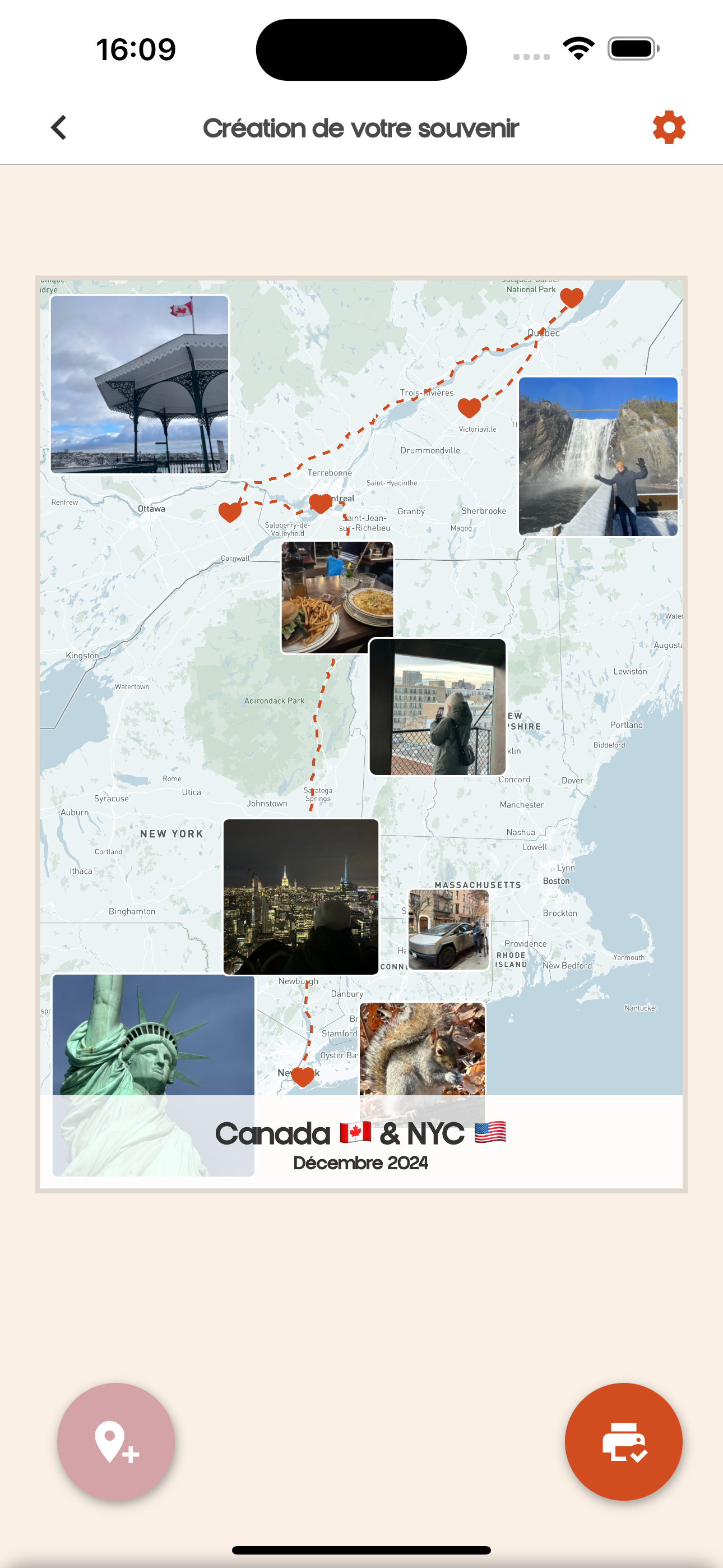In an increasingly globalized world, mastering English is often considered essential for travel. But can you really travel without the language of Shakespeare? This article aims to explore the possibilities of traveling without speaking English, providing practical tips to help you get by.

Introduction - Can you really travel without speaking English?
Understanding the Challenges - Travel and Language Barriers
Traveling to countries where English is not the main language can pose a challenge. Language barriers can hinder your ability to interact with locals, understand directions, or even order food. However, that doesn’t mean you have to give up on exploring new horizons!
1. Learn Basic Phrases - Minimal Language Skills for Traveling
Before you leave, here are some basic phrases you should learn in the language of the country you are visiting. This will help you navigate common situations:
- Hello - Bonjour
- Thank you - Merci
- Where is the restroom? - Où sont les toilettes ?
- I would like... - Je voudrais...
- How much does it cost? - Combien ça coûte ?
- I do not understand - Je ne comprends pas
- Help me please - Aidez-moi s'il vous plaît
- I am lost - Je suis perdu
- Do you speak English? - Parlez-vous anglais ?
- Yes/No - Oui/Non
These phrases can greatly facilitate your interactions and save you time.
2. Use Translation Apps - Digital Tools for Traveling
With the advent of technology, many translation apps can assist you in your travels. Apps like Google Translate and Microsoft Translator offer instant translations and even allow you to translate conversations in real-time.
These tools are particularly useful when you need to order in a restaurant or ask for directions. Be sure to download these apps before your trip, so you can use them offline if necessary.
3. Non-Verbal Expressiveness - Communicating Without Words
Communication does not always go through words. Learning to use gestures, facial expressions, and even a bit of creativity can help you make yourself understood. Show images or objects if you are trying to ask for something or even use simple drawings.
Keep in mind that a smile and a positive attitude can break the ice, so adopting a friendly approach is essential.
4. Travel in Groups - Securing Shared Experiences
Traveling in a group, whether with friends or on an organized tour, can ease the pressure related to language barriers. Often, other group members speak English and can help you communicate. It also offers a sense of camaraderie that can make your trip even more enjoyable.
5. Engage with Locals - The Richness of Cultural Exchange
Local communities are often more than happy to help travelers and share their culture. Show a genuine interest in the local culture, and don’t hesitate to ask for help. You may be surprised by how willing people are to interact, even without a common language.
6. Use Tour Guides - Alternatives to Avoid Language
Tour guides, whether human or in app form, can provide valuable support. Many guides are available in multiple languages, allowing you to access essential information without needing to understand English.
Consider hiring a local guide who speaks your language, allowing for a rewarding experience without worrying about language barriers.
7. Patience as a Virtue - Managing Frustrations
It's essential to keep in mind that misunderstandings will occur, and that’s perfectly okay. Patience and a good mood are your best assets for overcoming challenging moments related to communication. Take a deep breath, stay positive, and know that every situation can lead to a memorable experience.
8. Explore Non-English Speaking Countries - Examples of Destinations
Some destinations are more welcoming to non-English speakers, where the travel culture is deeply rooted. Consider countries like:
- Spain 🇪🇸
- France 🇫🇷
- Japan 🇯🇵
- South Korea 🇰🇷
- Germany 🇩🇪
- Italy 🇮🇹
- Brazil 🇧🇷
- Russia 🇷🇺
- China 🇨🇳
- Mexico 🇲🇽
These countries offer rich culture and an encouragement to communicate in other languages.
Conclusion - Traveling Without Speaking English Is Possible!
In conclusion, traveling without speaking English is a challenge, but far from impossible. With proper preparation and an open attitude, you can have enriching experiences without the language barrier being an obstacle. Whether you choose to learn a few phrases, use technology, or interact with locals, there are many ways to overcome this difficulty. So why not pack your bags and go on an adventure? 🌍✈️
FAQ - Can You Really Travel Without Speaking English? Tips to Get By
1. What are the countries where English is seldom spoken?
Many countries where English is less common include China, Japan, Germany, and Russia. However, this shouldn’t discourage you from traveling, as these countries offer unique cultural experiences, and locals are often very welcoming.
2. How can I communicate in emergency situations without speaking English?
In emergencies, it’s essential to pay particular attention to planning. Carry a card with key phrases in the local language or use a downloaded translation app. Also, knowing the location of the nearest hospital or emergency facilities can be beneficial.
3. What translation tools are the most effective?
Translation tools such as Google Translate and Microsoft Translator are among the most effective for help translating words and phrases in real-time. These apps also allow voice recognition for instant conversations, making communication smoother.
4. Is it useful to learn gestures and facial expressions?
Yes! Learning how to use gestures and facial expressions is very helpful for communicating without words. This can encompass simple hand signs, smiles, or pointing to objects to make yourself understood. It’s an excellent way to initiate interaction and make exchanges more enjoyable.
5. What basic phrases should I know before traveling?
Before traveling, it’s wise to learn simple phrases such as “Hello”, “Thank you”, and “Where is the restroom?”. Additionally, phrases like “Help me, please!” and “How much does it cost?” will assist you in navigating day-to-day life at your destination.
6. What role do travel apps play in getting around?
Travel apps are essential for helping you navigate a new city, find hotels, and communicate with people. They provide offline maps, public transport directions, and guides to points of interest, making traveling without knowledge of the local language much more manageable.
7. How can I find people who speak my language while traveling?
Look for groups on social media, travel forums, or language apps like Meetup and Tandem to find people who speak your language in the country you are visiting. Additionally, there are often expatriates who can offer help and advice during your stay.
8. Is it possible to travel alone without speaking English?
Yes, traveling alone without speaking English is entirely feasible, but it requires a bit more preparation. By learning some basic phrases, downloading translation apps, and using non-verbal communication methods, it is indeed possible to navigate a country while experiencing enriching adventures.
9. What tips would you give for a first-time experience in a non-English speaking country?
For your first experience traveling to a non-English speaking country, be sure to prepare well by learning some key phrases. Equip yourself with translation tools, prepare a list of essential questions, and stay open to cultural exchanges. Exploring smaller towns and villages, where the local language is more pronounced, and savoring each moment are also great practices!
10. What are the benefits of traveling without speaking English?
Traveling without speaking English offers the opportunity to immerse yourself more deeply in the local culture, develop your creativity in communication, and build more authentic connections with locals. It can also boost your self-confidence and teach you to manage unexpected situations, making travel even more enriching.






